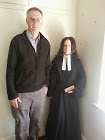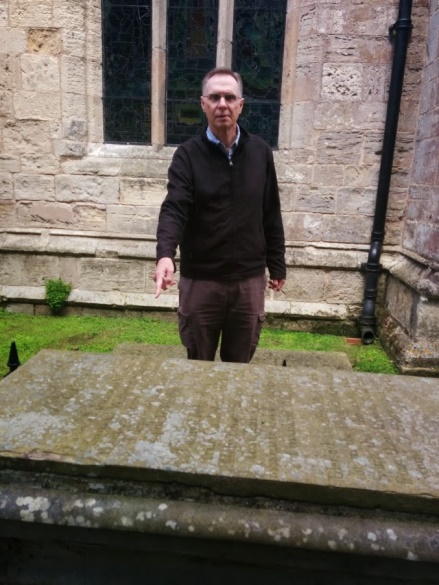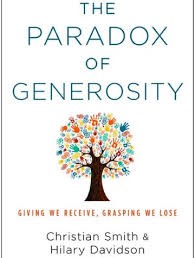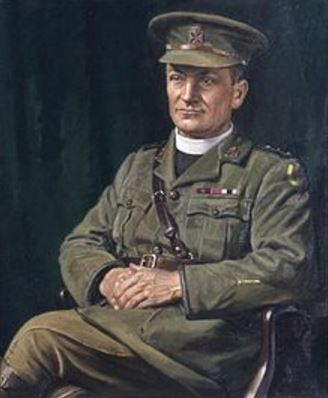The Importance of Vision
St James Church had a problem. Offertories were down for reasons nobody seemed to understand. This had been apparent for five or six months. Church elders had discussed the situation at monthly meetings. In fact the longer the issue had persisted the more time had been taken up at the meetings talking about it. Nobody was falling all over themselves to tackle the problem, but everyone was concerned.
It was a lot like the situation in the old story ‘Bell the Cat’. The mice had come up with a plan to put a bell around the cat’s neck to stop their being surprised by the lethal feline. In the end nothing happened, because no mouse was game to do anything. At St James the minister opted out as he was there to preach and pastor. The elders opted out because they didn’t know what to say. The treasurer opted out because she was there to ensure the money was appropriately accounted for.
But as the shortage began to take crisis proportions, people started to look to Betty the treasurer to say something because, after all, she was the money person. So very hesitantly but courageously, Betty addressed the services one Sunday. Using a graphic of a thermometer she explained that the church was 12% behind budget. The elders had restricted costs as much as they could. Unless everyone increased giving then more drastic cut backs would need to be made.
However Betty brightened and explained that all was not lost. If everyone gave an extra $4.00 a week, just the price of one cup of coffee then the crisis would be averted. Would each congregation member prayerfully consider increasing their giving by that amount?
Well full marks to Betty! At least she did something. However there are a number of glaring problems.
- It is the senior minister’s job to address the issue not the elders or the treasurer.
- People don’t give to budgetary black holes. They give to transformational vision. See my article The Importance of Vision.
- The cup of coffee figure of $4 per member per week may be financially and mathematically accurate, but is actually encouraging the appeal to fail.
I will comment on the Cup of Coffee point here. The reason for probable failure is simple. People don’t all have the same amount of income. Also, people don’t give the same amount anyway. In their book Passing the Plate: Why American Christians Don’t Give Away More Money, authors Smith Emerson and Snell state around 20% of American churchgoers put zero money in the plate. Only about 9.4% tithe or exceed the tithe. Everyone else is in between.
So making an appeal for everyone to give an extra $4 per week will make little or no impact on the person who has shown zero inclination to give up to now. At the other end of the scale it gives an expectation to the wealthier members of the congregation that all they need to do is to contribute an extra $4.00 a week, when in fact they could easily contribute much more. They have been let off the hook.
If Betty had wanted to pursue her Cup of Coffee analogy, (and it is not my recommended strategy), it would have been better for her to conclude her presentation with something like the following.
‘If you are mathematically inclined you may have looked at these numbers and thought to yourself, if everyone gave $4.00 a week, just the price of a cup of coffee we would be fine. However I am not asking that because I know that we don’t all have access to the same amount of money. For some of you an extra dollar may be all you can spare. But for others here God has blessed you richly, and you can afford to put in an extra $50.00 a week or even more. Most of you are somewhere in between these figures. So could I ask you to have a family conference, seek God’s will and generously increase your giving.’
Every church has offertory shortfalls. To address the whole issue of raising resources for local church ministry I wrote the book Giving Generously which you can purchase here.
Buy the Book


 Smith leads the Science of Generosity Initiative at the University of Notre Dame in the U.S and Davidson has close involvement in the work. The study draws attention to the paradoxical, counter-intuitive nature of generosity. Here is the essence of it:
Smith leads the Science of Generosity Initiative at the University of Notre Dame in the U.S and Davidson has close involvement in the work. The study draws attention to the paradoxical, counter-intuitive nature of generosity. Here is the essence of it:




